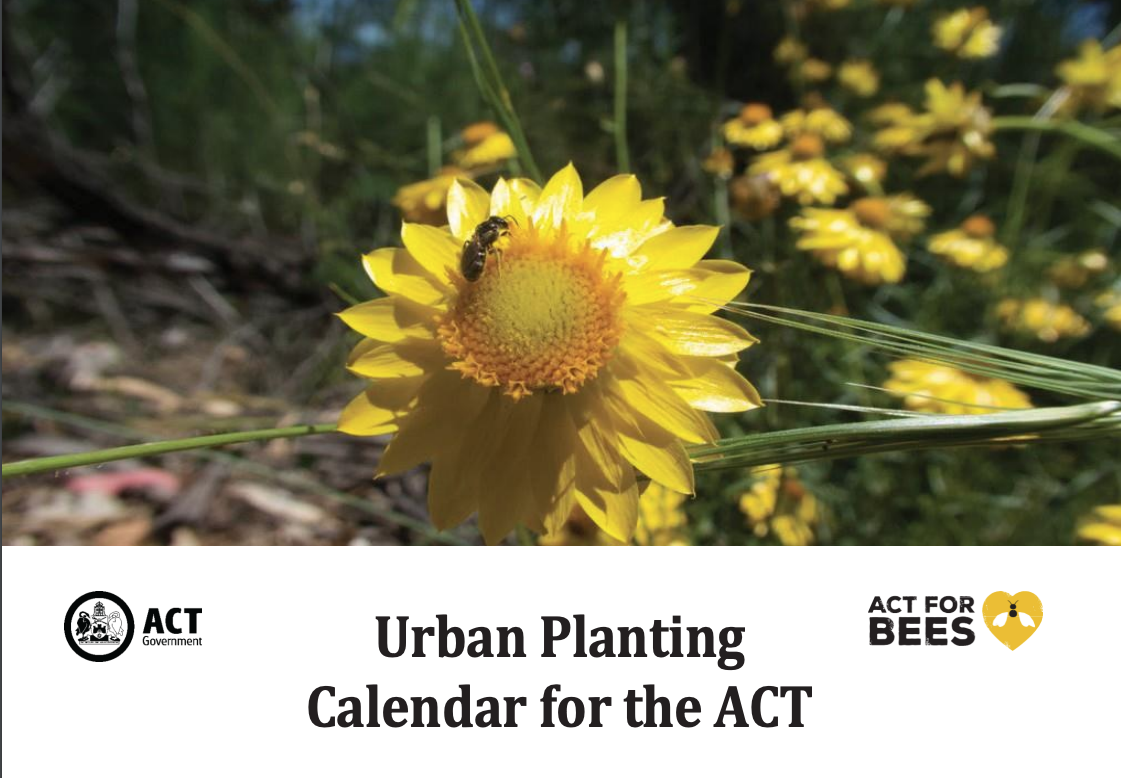|
Some interesting Reads, Podcasts and Videos
Southern WA experienced an unusually rainy winter , which triggered an exceptional wildflower season this year. Mt Gibson is on Badimia Country and this beautiful video showcases the wildflowers blooming at Mt Gibson this Spring.
“Mt Gibson also hosts one of the world’s most significant rewilding projects, a 7,800-hectare feral predator-free fenced area into which nine locally extinct mammal species have been reintroduced, including the Bilby, Numbat, and Woylie. Excitingly, the wildflower boom has also provided new opportunities for an ongoing collaboration with a threatened plant breeding program at Kings Park Botanic Garden in Perth. Senior Plant Breeder Digby Growns collects and develops native plants for cultivation, with a particular focus on rare and threatened plants. It’s the only conservation-based ornamental plant breeding program on the planet.”
This interview with University of Queensland entomologist Dr Trevor Lambkin delves into his labour of love documenting butterflies over 40 years in the Torres Strait and how his data could provide a key indicator of climate change impact on the Torres Strait islands.
We suggested reading Suzanne Simard’s book in the last newsletter. Even if you haven’t read the book, you will find this podcast ‘Forests Are Wired For Wisdom’ where Suzanne Simard talks about her work, really interesting.
Paul Stamets has shed new light on the importance of fungi for overall ecological health. In this video, he talks about how fungi may help alleviate colony collapse in bee hives.
And hot off the press, exciting news of the discovery of thousands of rare forest honeybees, the last wild descendants of Britains native honeybee population have been discovered in the ancient woodlands of Blenheim Palace.Until now, they had been thought to have disappeared due to disease and competition. Read more in ‘Wild heirs of lost British honeybee found at Blenheim.’ |

